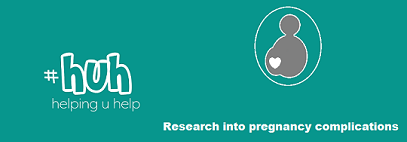Aberdeen researchers have been involved in a study which looks at the risk factors for placental abruption during pregnancy. Placental abruption is when the placenta starts to separate from the wall inside of the womb.1 It is a serious condition that can potentially result in the death of both the mother and the baby, but it is not clear what can cause this to happen during pregnancy.
Teams in Aberdeen (NHS Grampian and University of Aberdeen), Finland and Malta worked together on this project. They used data from each country, which was collected routinely as part of the standard care. The researchers used this information, carrying out statistical tests, to find any potential factors which could increase the risk of placental abruption. They found that older mums, pregnancies with unexplained bleeding, a low-lying placenta (placenta praevia)1 and pre-eclampsia2 were all linked with a higher chance of placental abruption.
This research can be used to help inform women of the risk factors and support those who are at higher risk of placental abruption.
This research was one of many projects funded by NHS Grampian Endowments funds. You can read the full article here.
